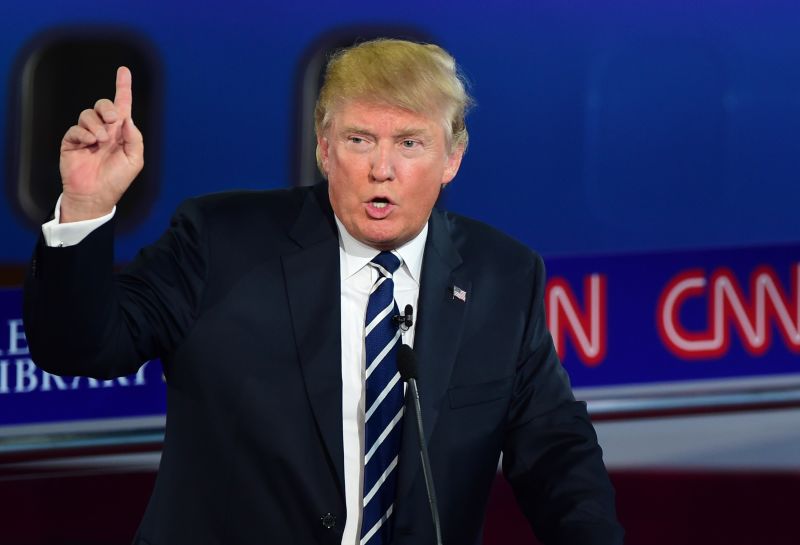Donald Trump likely wrecked the day of vaccine experts across the country in last night's Republican debate. Trump reiterated his opinion that vaccines cause autism, a belief that has been thoroughly debunked by repeated studies.
Candidate Ben Carson, a retired neurosurgeon, did refute Trump, saying, "We have extremely well-documented proof that there's no autism associated with vaccinations." The Autism Self Advocacy Network also pointed to the "wealth of scientific evidence debunking any link between autism and vaccinations," in its own statement.
Then pretty quickly, the discussion morphed into a challenge of the vaccine schedule itself. Worse, it started with Sen. Rand Paul, who is a physician, an ophthalmologist, and said he was for vaccines but also "for freedom." He suggested spacing out vaccines.
Trump essentially said the same thing. “I’m in favor of vaccines," he said, then added the caveat: "Do them over a longer period of time, same amount, ... But just in little sections.”
The American Academy of Pediatrics is trying to set the record straight: "There is no 'alternative' immunization schedule," Dr. Karen Remley, executive director of the group said in a statement. "Delaying vaccines only leaves a child at risk of disease for a longer period of time; it does not make vaccinating safer."
